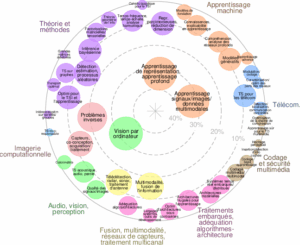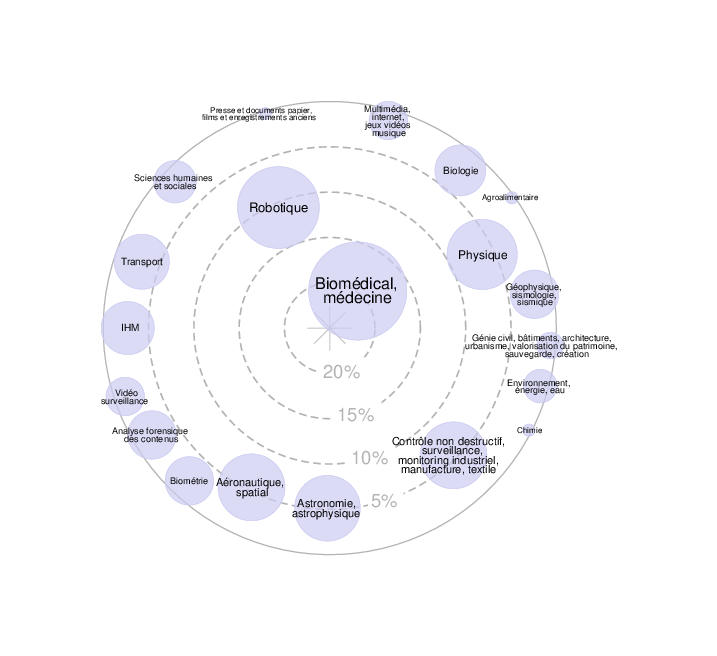Context
The Large Hadron Collider (LHC) at CERN is the world’s largest particle accelerator. The
ATLAS experiment records enormous volumes of data from high-energy proton–proton collisions.
These data allow scientists to test the foundations of particle physics and to search for phenomena
that go beyond the Standard Model.
One particularly promising avenue is the search for long-lived particles (LLPs) — exotic particles
that could travel a measurable distance before decaying, leaving unusual signatures in the detector.
Detecting such rare and complex patterns is a major challenge, and it motivates the use of
advanced machine learning techniques capable of uncovering subtle anomalies in high-
dimensional data.
Objective of the internship
The internship will focus on exploring a recent approach called DarkCLR (arXiv:2312.03067),
which applies contrastive learning methods to anomaly detection in LHC data.
The main goals are:
1. Understand and reproduce the DarkCLR method, which is based on self-supervised
learning and transformer-like architectures.
2. Apply the method to publicly available particle physics datasets.
3. Propose and evaluate improvements to the original approach, such as modifying the
model architecture, the contrastive loss, or the training strategy.
The intern will work in an interdisciplinary environment at the intersection of artificial
intelligence, data analysis, and fundamental science.
Required skills
• Strong programming skills in Python. Experience with machine learning / deep learning
librairies (e.g., PyTorch, TensorFlow). Familiarity with transformers or contrastive
learning is an asset.
• No prior knowledge of particle physics is required — all necessary concepts will be
introduced during the internship.
Supervision
Vincent BARRA (LIMOS): vincent.barra@isima.fr, +33 4 73 40 74 92
Julien DONINI (LPCA): julien.donini@uca.fr, +33 4 73 40 73 02
Université Clermont Auvergne / INP





